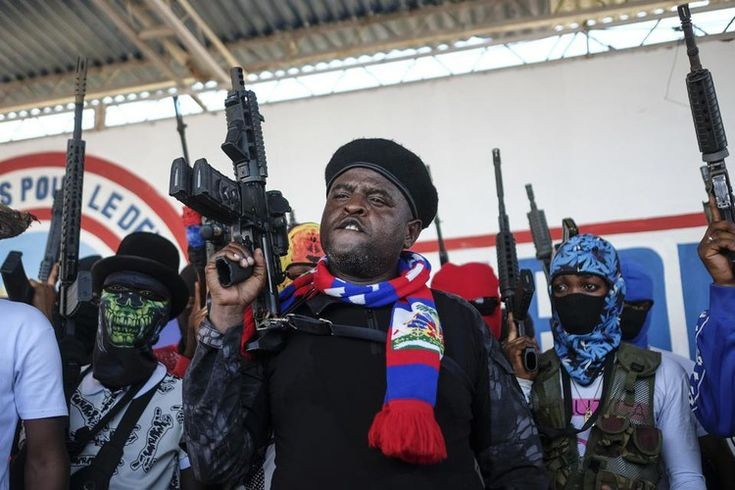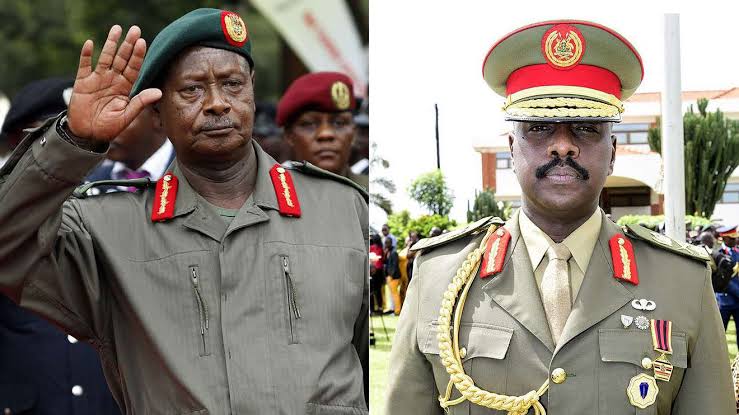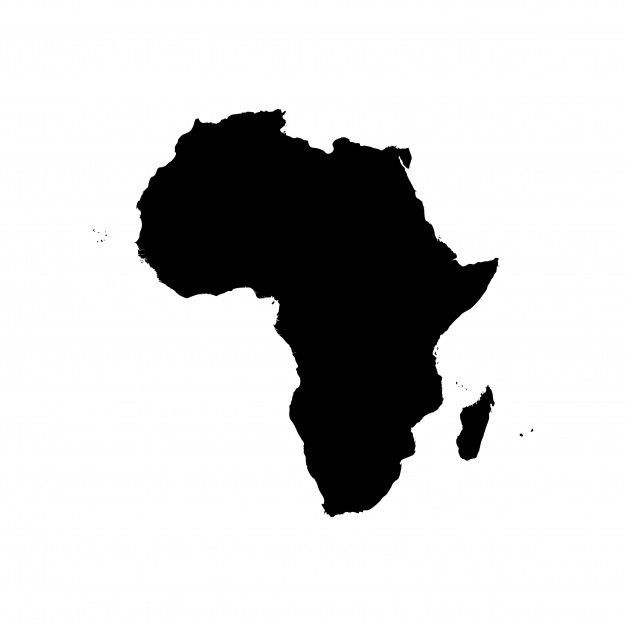In this edition of our top stories, we delve into the pressing issues gripping nations across the globe. From Haiti’s deepening crisis to Uganda’s political maneuvering and Nigeria’s fight against illegal adoption, these stories illuminate the challenges and complexities facing these countries. Join us as we explore the full stories behind these headlines.
- Americans Accused of Buying Nigerian Children and Imprisoning Pregnant Women
- Uganda’s President Appoints Son as Army Commander
- Haiti in Crisis: A Nation on the Brink of Collapse
Haiti in Crisis: A Nation on the Brink of Collapse

Haiti, already facing deep-rooted challenges, plunged further into turmoil with Prime Minister Ariel Henry’s resignation and the rise of gang leader ‘Barbecue’ as a significant power figure. Last week saw heightened violence in Port-au-Prince, with armed gangs attacking government buildings and setting fires.
The situation escalated when the international airport, critical for aid and support, was attacked, leading to its closure. Prime Minister Henry’s attempt to return to Haiti was thwarted, leaving him stranded in Puerto Rico. Meanwhile, the US military conducted an operation to secure its embassy and evacuate non-essential staff, highlighting the escalating security concerns.
The deteriorating security situation is compounded by a dire humanitarian crisis. The general hospital in Port-au-Prince is severely understaffed, with doctors fleeing amid the violence. Gangs now control over 80% of the capital, and the police are struggling to maintain order, with stations being attacked and looted.Despite the chaos, many Haitians are forced to risk their lives to earn a living. Market traders and street hawkers face daily threats, driven by the necessity to provide for their families.
Internationally, Haiti’s crisis is garnering attention. The Caricom regional group is convening for an emergency summit, reflecting the broader Caribbean community’s concern. The Biden administration has called for Prime Minister Henry’s resignation, acknowledging the gravity of the situation.
Efforts to address the crisis, such as a proposed rapid reaction force, remain unfulfilled. The recent mass prison break, which saw thousands of inmates escape, further destabilized the country.Haiti stands at a precipice, with a failed state looming. Immediate action is needed to prevent further descent into chaos and to provide much-needed stability and security for its people.
Uganda’s President Appoints Son as Army Commander

Uganda’s President Yoweri Museveni’s recent appointment of his son, Gen Muhoozi Kainerugaba, as the country’s army commander has sparked criticism and raised concerns about political nepotism and the entrenchment of monarchic rule in the country.
Gen Kainerugaba, who has been serving as a senior presidential adviser in charge of special operations, was promoted to his new post in a cabinet reshuffle that also saw the removal of five ministers. This move, coming after his removal as commander of the army’s land forces in 2022, has fueled speculation that President Museveni is grooming his eldest child to succeed him.
Critics argue that Gen Kainerugaba’s appointment raises questions about meritocracy and fairness in Uganda’s political and military leadership. His recent holding of rallies around the country, which some say breaches the military’s code of discipline, has further fueled these criticisms.
Moreover, the appointment of Gen Kainerugaba’s closest advisers to ministerial positions adds to concerns about the concentration of power within the president’s inner circle. The dropping of the embattled Karamoja Affairs Minister Mary Goretti Kitutu, who is facing corruption charges, raises questions about the government’s commitment to fighting corruption and promoting accountability.
President Museveni, who has been in power since 1986, has long been accused of grooming Gen Kainerugaba to succeed him, leading to accusations of monarchic tendencies. Despite these allegations, Mr Museveni has dismissed speculation about his succession plans.
As Uganda prepares for general elections in 2026, these developments highlight the need for transparency, accountability, and respect for democratic principles in the country’s political leadership. Critics argue that political nepotism and the concentration of power within a family dynasty undermine these principles and threaten Uganda’s democratic progress.
Americans Accused of Buying Nigerian Children and Imprisoning Pregnant Women

In a recent virtual meeting, the Nigeria Governors’ Forum (NGF) addressed several pressing issues, including the disturbing trend of Americans engaging in illegal adoption and fraud in Nigeria. According to the U.S. Embassy, Americans have been implicated in the illegal adoption of Nigerian children, as well as the imprisonment of pregnant women, raising serious concerns about human rights violations and fraudulent practices.
The NGF expressed deep concern over these reports and pledged to collaborate with relevant government agencies to address this alarming situation. They emphasized the need for a thorough investigation and urged all states to implement measures to prevent such illegal activities. The governors also condemned the communal clash in Delta State, which resulted in the tragic loss of lives, including military personnel, and called for peace and unity in the affected communities.
Furthermore, the NGF discussed the ongoing efforts to establish a fair minimum wage, stressing the importance of data-driven and evidence-based proposals that take into account the capacity of both the government and private sector employers to pay. They also highlighted the need for state policing as a critical amendment in the constitutional amendment process to improve national security.
On the economic front, the NGF reviewed the progress made by states in implementing business-enabling reforms, particularly under the World Bank-supported State Action on Business Enabling Reforms (SABER) Program for Result. They encouraged states to leverage available support to further stimulate economic growth.
In the health sector, the NGF received updates on the Health Sector Renewal Compact, the Primary Health Care (PHC) Leadership Challenge, and the UNICEF Child Nutrition Fund. The governors reiterated their commitment to implementing necessary actions and reforms to achieve the objectives of these initiatives.
In conclusion, the NGF’s meeting highlighted the urgent need to address the illegal adoption and fraudulent practices involving American citizens in Nigeria. The governors reaffirmed their commitment to ensuring the safety and well-being of Nigerian children and pregnant women, and to upholding the rule of law and human rights in the country.

Leave a Reply
You must be logged in to post a comment.